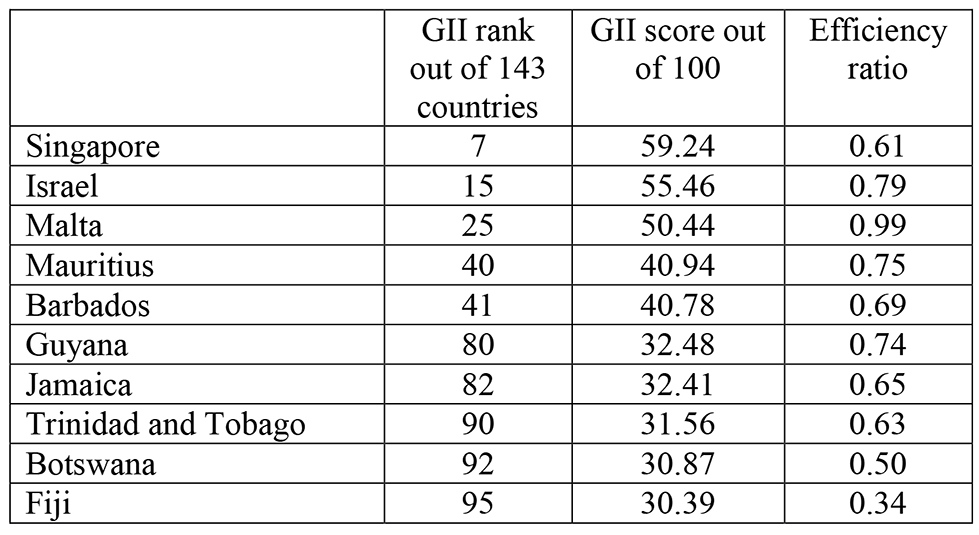 Economists think of technology as knowledge of the production process of a firm or industry. As mentioned in my previous column, a machine like the computer, iPhone or drone is not the technology. Instead, these are examples of physical capital that must be distinguished from financial capital of the accountant. The knowledge or ideas of how to transform physical capital, land, workers, etc, into useful goods and services for society is the technology.
Economists think of technology as knowledge of the production process of a firm or industry. As mentioned in my previous column, a machine like the computer, iPhone or drone is not the technology. Instead, these are examples of physical capital that must be distinguished from financial capital of the accountant. The knowledge or ideas of how to transform physical capital, land, workers, etc, into useful goods and services for society is the technology.
I would go as far as to make a controversial point, which is nowhere in the scholarly literature, that a Guyanese constitutional overhaul can be seen as a crucial social technology. An enlightened constitution that decrees (i) co-operation and (ii) credible electoral threats from independents can be seen as embodying a set of ideas that produce a social good: the minimization of the harmful effects of strategic pro-ethnic voting. Strategic voting means that about 85% of Guyanese vote not because they particularly love their respective political party or leader, but to keep the other side out from power because they perceive an economic security dilemma. This is the source of the prisoners’ dilemma trap I wrote about a few years ago.
Many economists might not agree with my aggregate or social technology as the concept is mainly seen as a micro or firm-level issue. I maintain that the ability to innovate on existing technologies or imitate and even invent new ones is hindered by the present macro political structures in Guyana. Therefore, why can’t we view enlightened constitutional engineering as a socio-economic technology?

